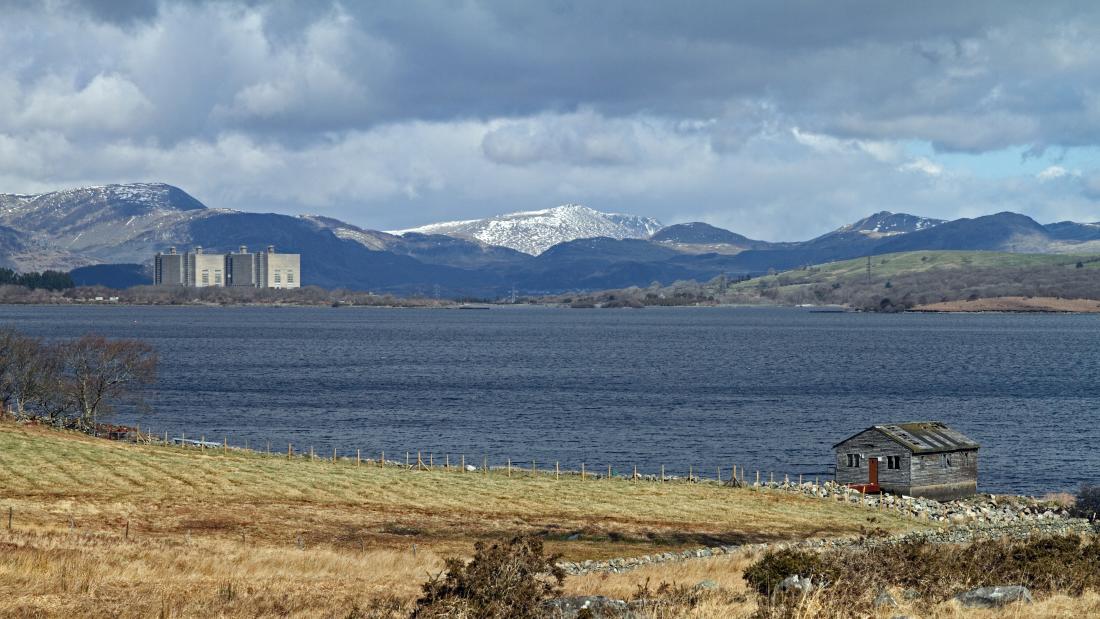The Department for Energy Security and Net Zero (DESNZ) has commissioned global sustainability development consultancy Arup, the UK’s laboratory for nuclear fission, National Nuclear Laboratory (NNL) and the Nuclear Futures Institute at Bangor University to work to identify and map the availability of historic nuclear research, development and deployment (RD&D) that could support the development and deployment of Advanced Nuclear Technologies (ANTs) as part of a secure, low carbon energy mix.
The Advanced Modular Reactor (AMR) Knowledge Capture project is designed to support the AMR RD&D programme and wider AMR deployment in the UK, to help deliver the government’s target of net-zero gas emissions by 2050. The project will aim to help reduce the time, risk and cost of development and deployment through dissemination of the information and enable UK organisations in accessing international funding.
World-leading specialists from Arup, NNL and Bangor University will be speaking with industry experts from across the nuclear energy sector to identify, map and catalogue available information associated with historic UK facilities and R&D programmes. This historical knowledge could play a significant role in supporting the UK’s transition to an energy secure, low carbon energy system.
Tim Hawley, AMR Knowledge Capture Project Director from Arup said: “This project has the potential to form an important part in future low carbon energy. We know that organisations and colleagues in the nuclear energy sector collectively have a wealth of knowledge, it’s now a matter of finding and cataloguing that information.
“We have experts from Arup, NNL and Bangor University working on this, but we also need involvement from right across the industry. The AMR Knowledge Capture Project is intended to explore how to facilitate further knowledge sharing across the nuclear industry in the area of ANT, so that the whole sector can benefit. In due course, our teams will be looking for support.”
Dr Gareth Headdock, Vice President of Government and New Build, National Nuclear Laboratory said: “This is a critical programme to support advanced nuclear technologies. It will ensure that decades of knowledge is carefully stored, to support our future nuclear ambitions. As the government’s trusted national laboratory, we are pleased to support Arup with our extensive network and data mining capability.”
Professor Simon Middleburgh, Co-director of the Nuclear Futures Institute at Bangor University, said: “This initiative through DESNZ led by ARUP will galvanise the vital skills supply chain required for next generation nuclear innovation, ensuring that we meet the challenge of global warming and energy supply with clean and advanced nuclear systems.
“Nuclear engineering is in a seriously exciting moment, where opportunities to make a real impact are clear and the industry partners are looking for talent that will lead us to a low-carbon future. Bangor University is proud to be a part of the team delivering this exciting project and values the collaboration with leading partners across the UK.”
To find out more, contact AMRKnowledgeCapture@arup.com or go to the AMR Knowledge Capture page on the NNL website.

